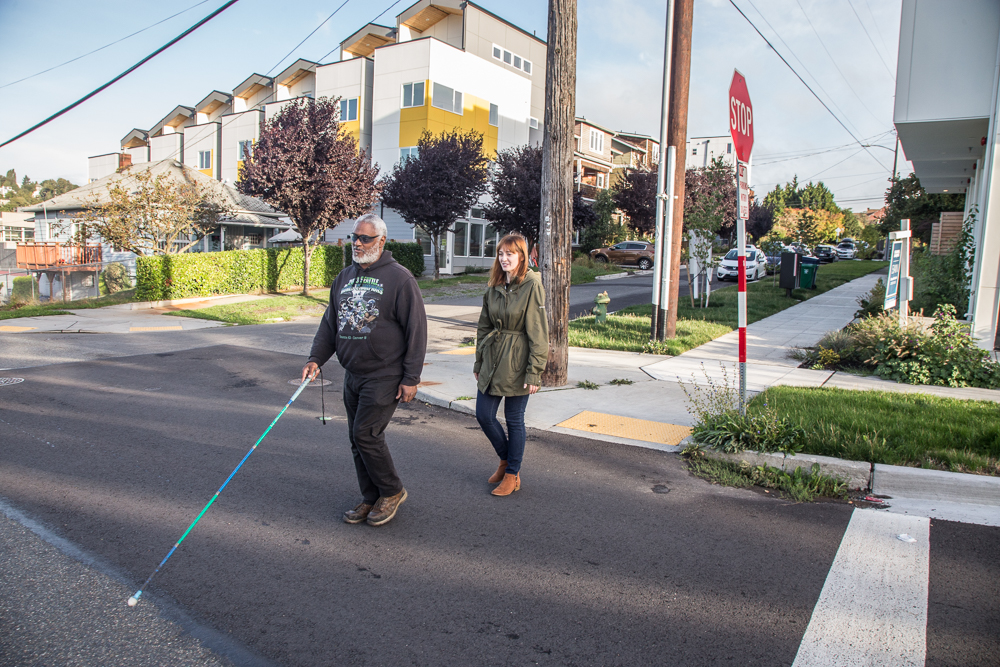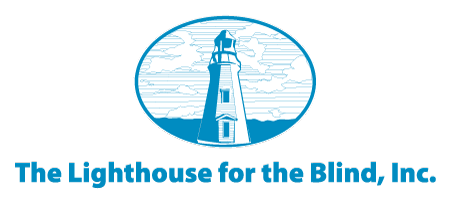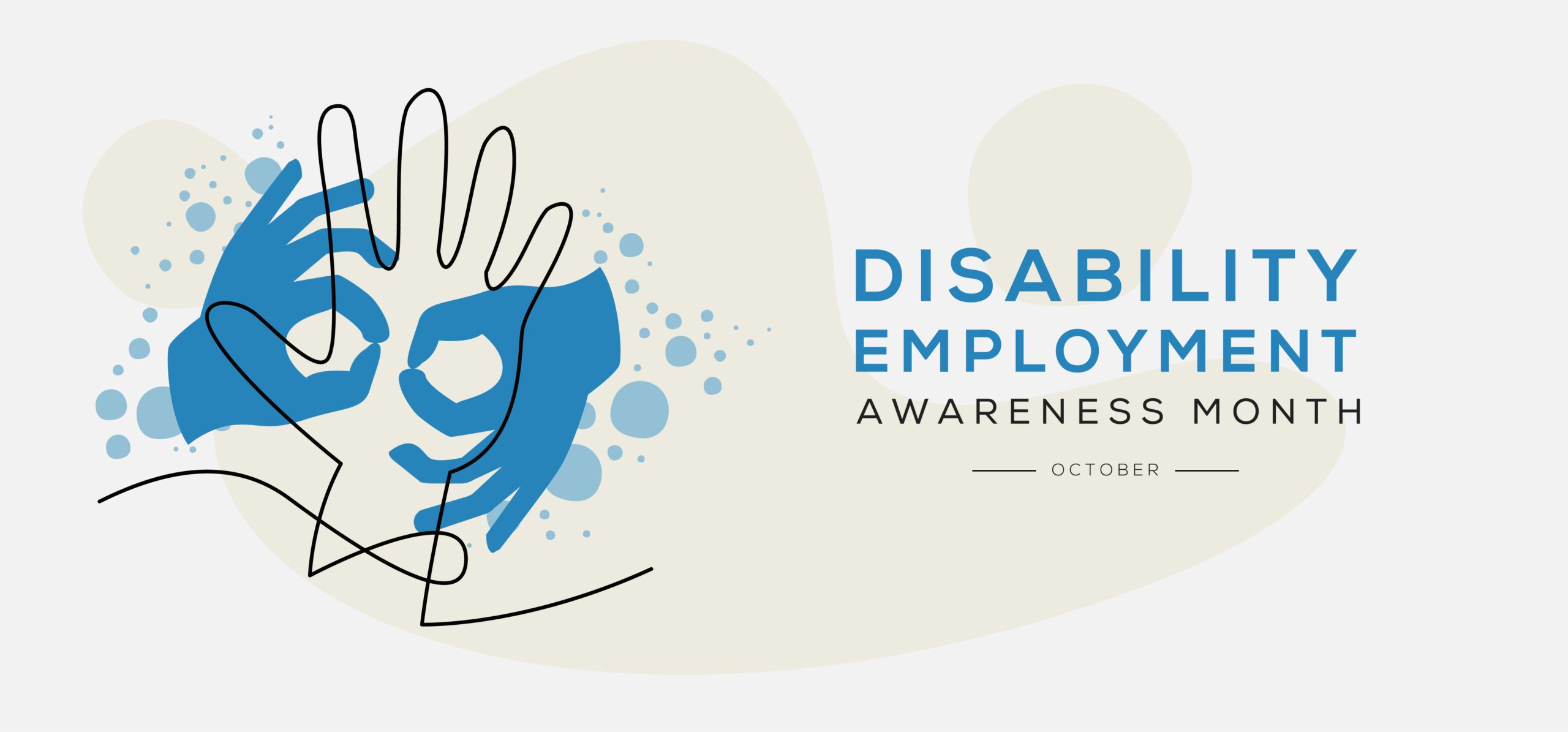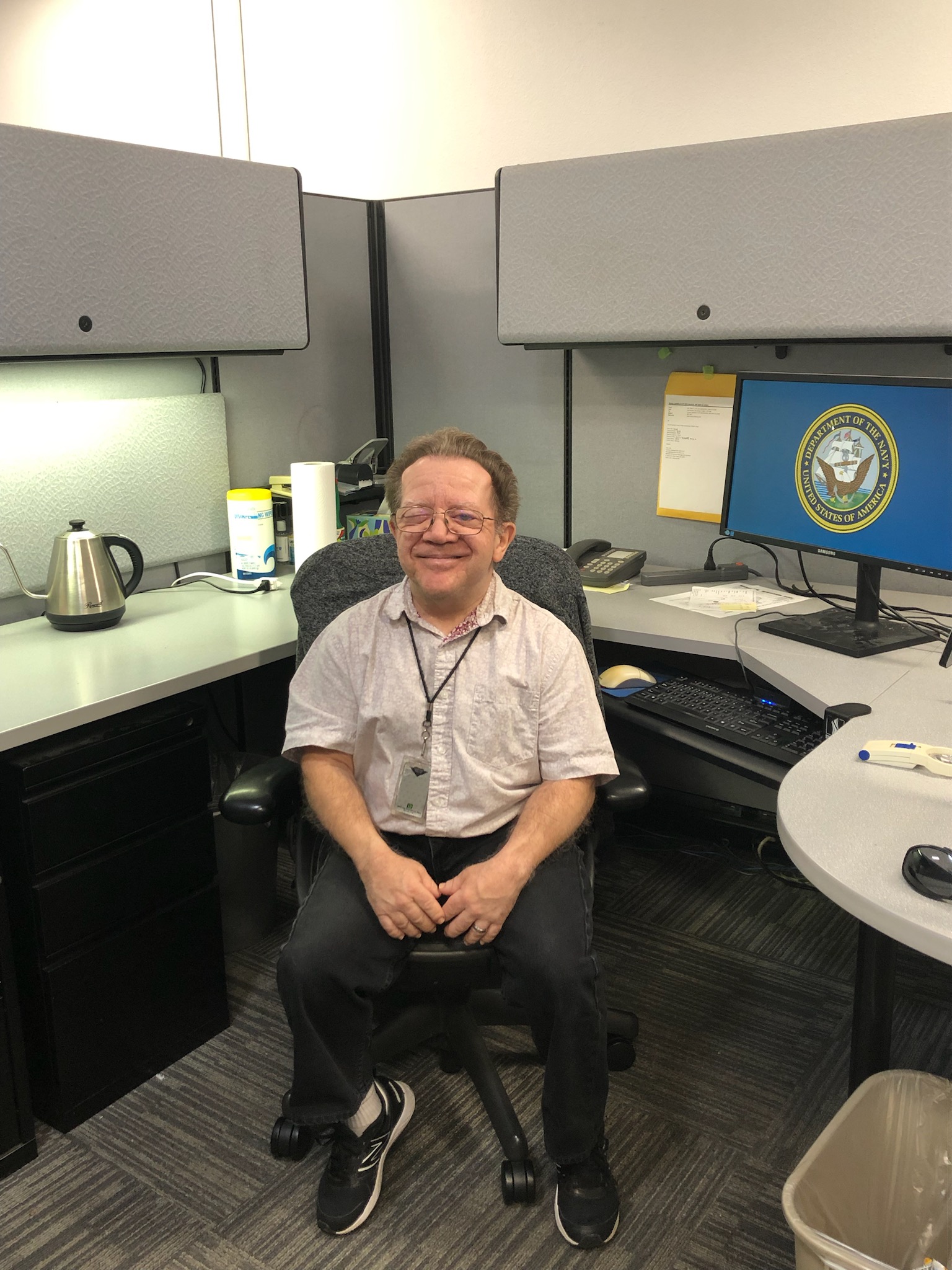Apply to be an Orientation & Mobility Specialist

Orientation and Mobility Specialist/Rehab Teaching – Independent Living Program – Seattle, WA
The purpose of the Orientation & Mobility Specialist position is to provide training in daily living/adaptive communication techniques, education/consultation, safe travel training and information & referral to community members who have low vision.
Responsibilities of this position include, but are not limited to:
- Teach skills of independent living. These include navigation and basic cane skills to individuals who have low vision or are blind.
- Assess home environment and recommend approaches to enhance independence. This includes marking appliances, independent diabetic management/medicine management, and other in-home skills
- Provide training on adaptive communications skills. This includes introduction to accessibility techniques for smart phones/tablets
- Assess basic low vision needs for community members
- Provide training on devices to make best use of remaining vision as needed
- Provide presentations, education/consultation and technical assistance to community members and organizations
Requirements of this position include, but are not limited to:
- Demonstrated knowledge of a wide range of low vision aids and devices
- Ability to meet the background and education/experience levels required for ILP/DSB contracts required
- ACVREP certification required
- Three (3) + years experience providing Orientation &Mobility training and instruction preferred
- Dual competency in Orientation & Mobility and Rehabilitation Teaching or CLVT strongly preferred
Orientation & Mobility Program at the Lighthouse
All Lighthouse employees who are blind, low-vision, or DeafBlind are eligible for Orientation & Mobility training at the Lighthouse.
Orientation & Mobility instructors meet the needs of numerous employees as they navigate through the ever changing transit landscape of the greater Seattle and Spokane areas. O&M Specialists provide ongoing route planning and safe travel techniques. Orientation & Mobility training includes bus travel, route planning, assistive technology assessment, safety techniques for low-vision travelers, relocation and route planning for new community members, and supplemental training for guide-dog users.


